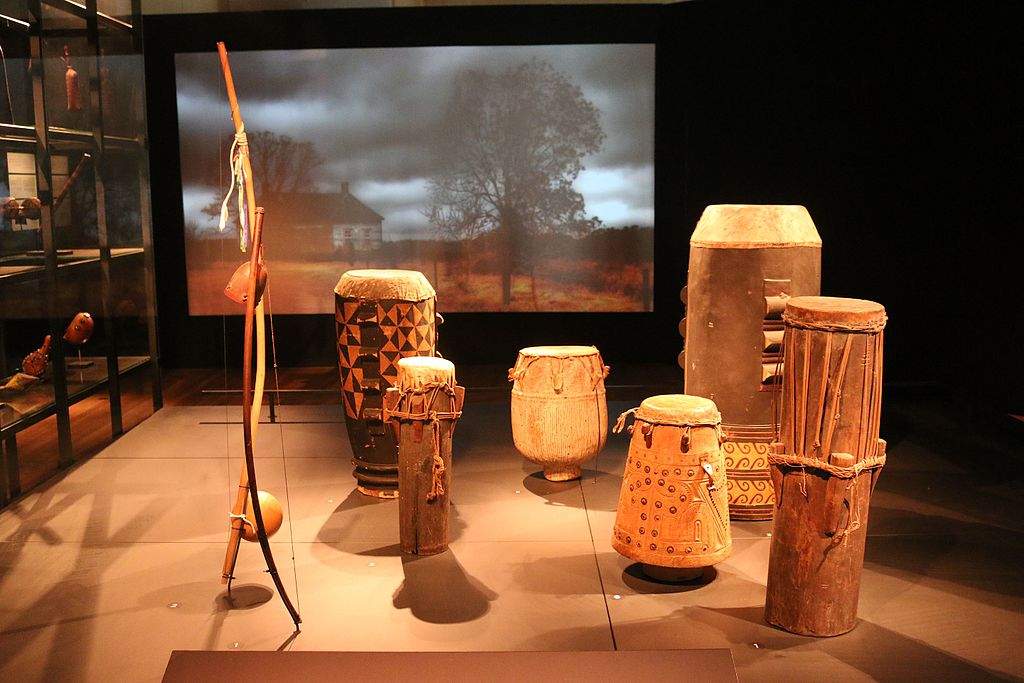The debate on cultural decolonization continues in Europe. After the cases that have arisen in England and France, the action being taken in the Netherlands by the group of institutes that form the National Museum of World Cultures, namely the Museum of Ethnology in Leiden (the oldest in Europe), the Tropenmuseum (“Tropical Museum”) in Amsterdam, the Wereldmuseum (“Museum of the World”) in Rotterdam, and theAfrika Museum in Berg en Dal, is also rising to the forefront of international attention. In fact, the four museums are reviewing 450,000 objects from their collections to see which can be returned to their countries of origin (these are mainly African countries).
The French newspaper Les Echos reports that the four Dutch museums are the first in Europe to want to take direct action, and that their management felt it was their duty to start down this path, motivated by ethical reasons (the principle, the museums explained, is that works taken by force must be returned). It is, however, a very complex, and probably very time-consuming operation: the Netherlands has a four-century-long colonial past, and not all the works in the country’s museums are the result of spoliation. In any case, Le Figaro specifies, the final decision will be up to the Dutch state, which is formally the owner of the works contained in the four museums (which will not be able to decide on restitutions independently).
The Netherlands is, however, a very active country in the field ofmuseum ethics. It was just a few weeks ago that the Dutch Museums Association conducted an extensive census of the country’s collections in order to find works illegally taken from their owners by the Nazis on the country’s territory, with the goal of returning them.
Pictured: African musical instruments at the Tropenmuseum in Amsterdam (ph. Credit Persian Dutch Network)
 |
| Cultural decolonization, historic operation: four Dutch museums set to return thousands of works to countries of origin |
Warning: the translation into English of the original Italian article was created using automatic tools. We undertake to review all articles, but we do not guarantee the total absence of inaccuracies in the translation due to the program. You can find the original by clicking on the ITA button. If you find any mistake,please contact us.